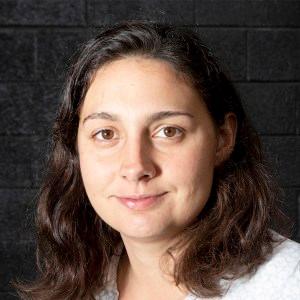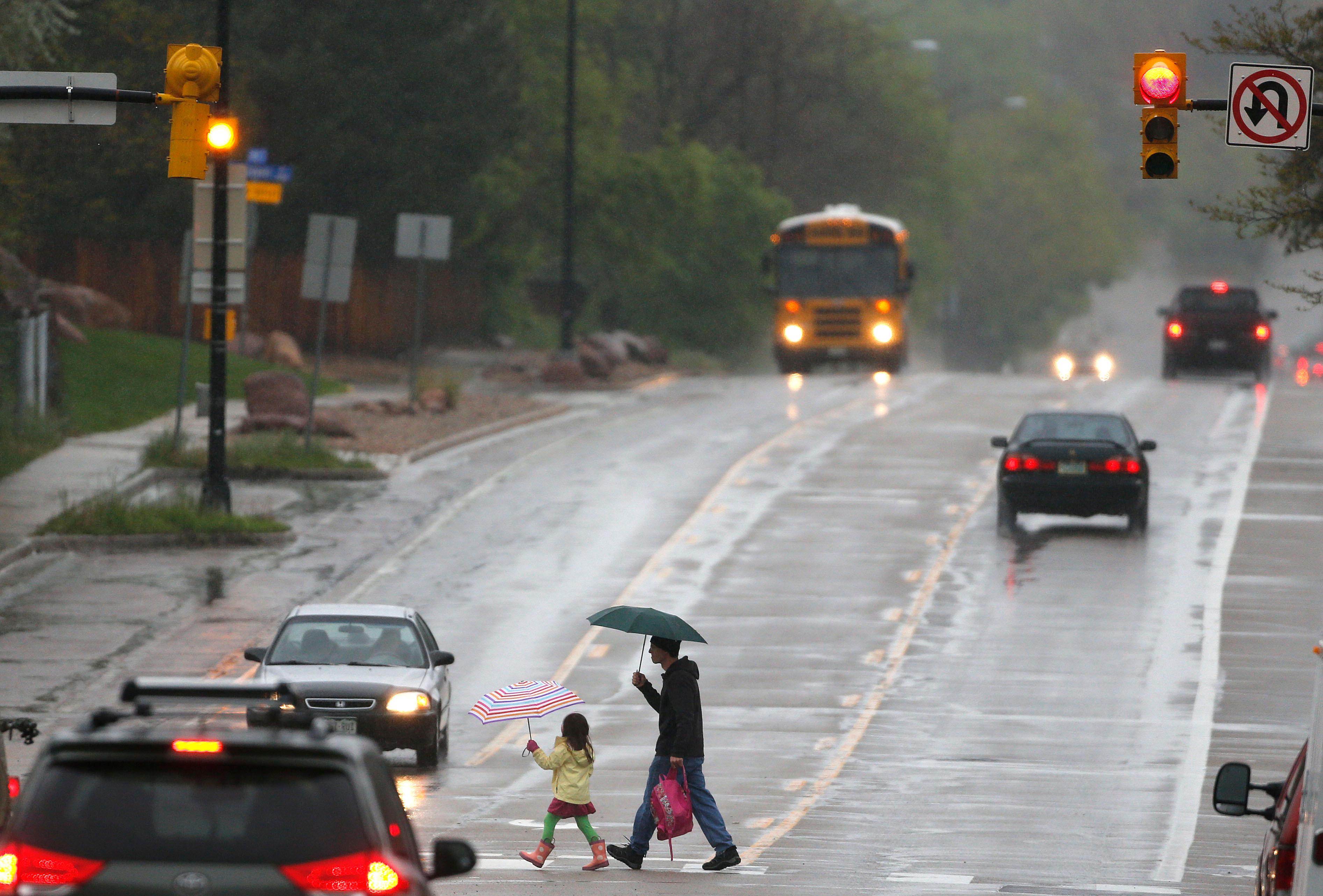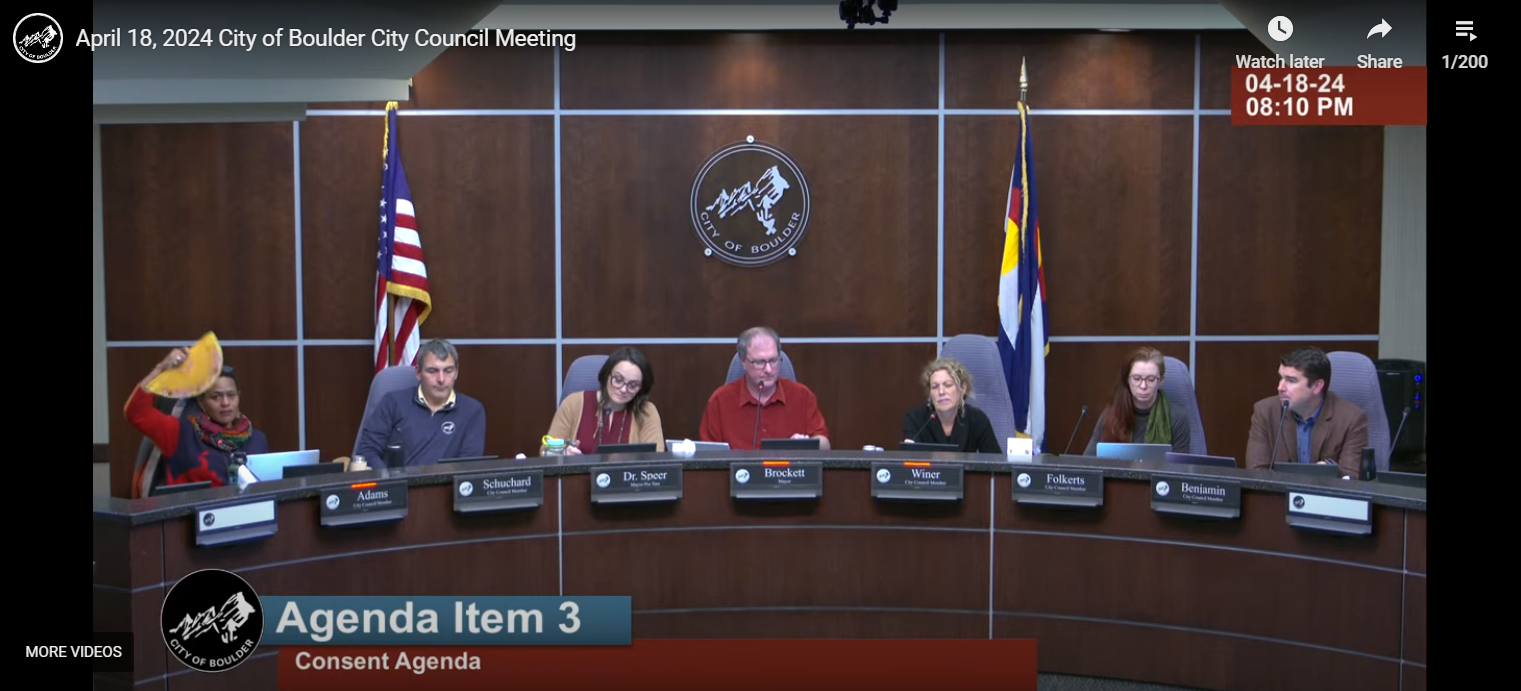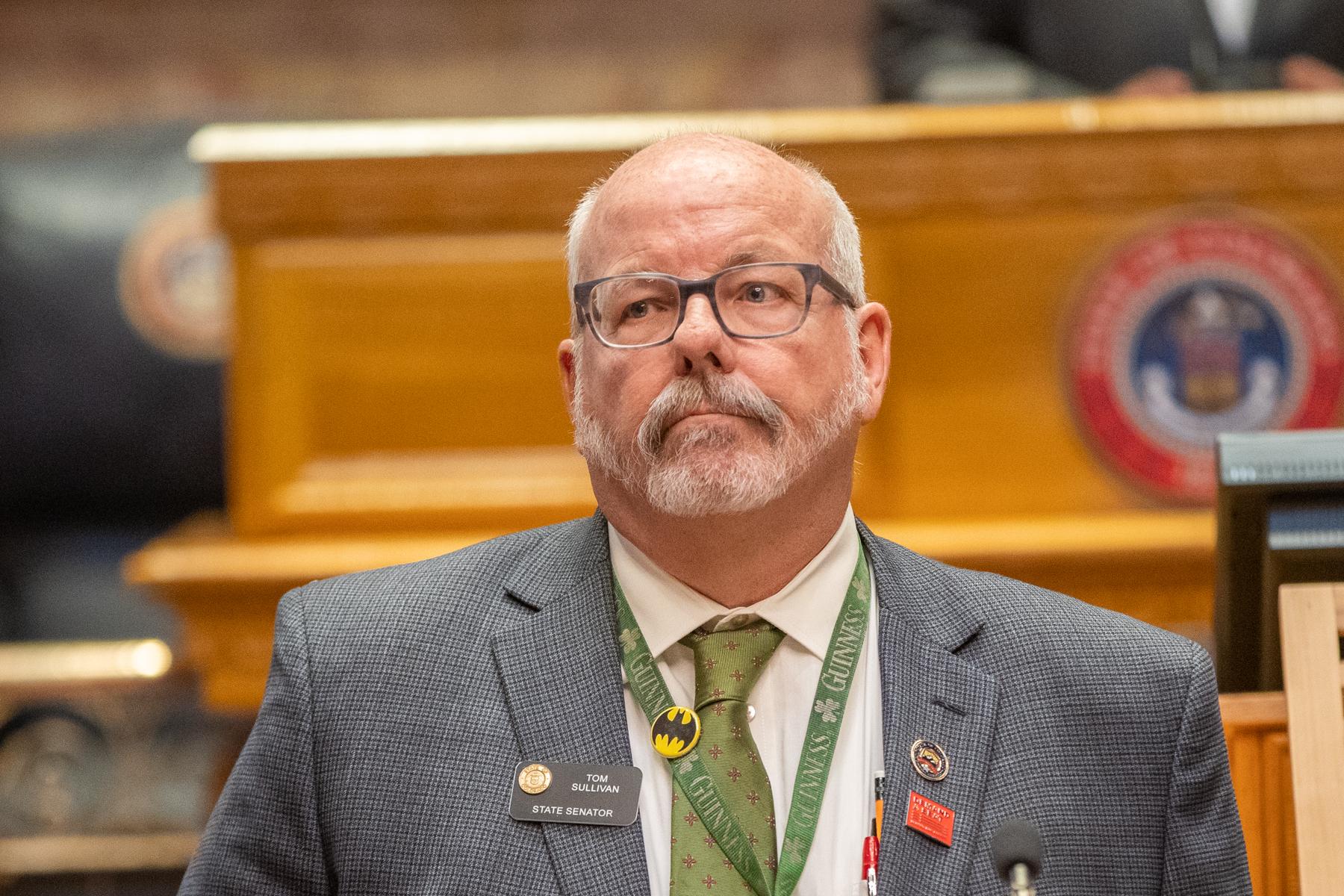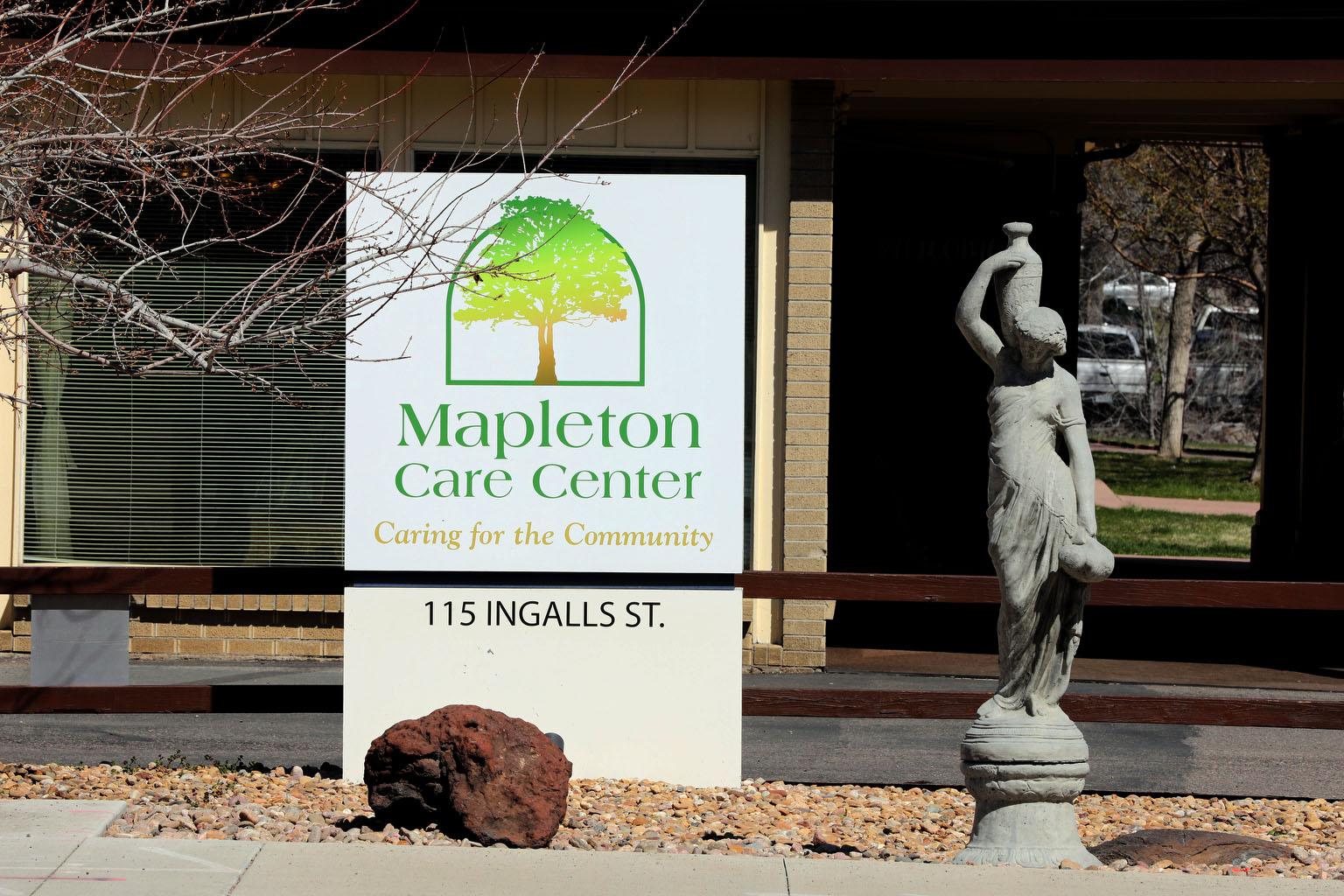
In the first few weeks of the COVID-19 pandemic in Colorado, elder-care facilities quickly became the primary centers of disease.
The state banned communal activities and visitors in nursing homes starting March 12, and ordered them to screen their employees for symptoms before shifts. Even so, COVID-19 creeped into the facilities, where it is suspected of killing 718 people.
Watching as even the strictest lockdown measures failed to stop the disease, two researchers at Colorado State University launched a pilot study in mid-March to test employees at five skilled nursing facilities. The researchers, Dr. Nicole Ehrhart, who directs CSU’s healthy aging center, and Greg Ebel, a microbiology professor, suspected that asymptomatic staff members were bringing COVID-19 to work with them. It turns out, they were.
"The nursing facilities were doing everything right but that wasn’t enough,” Erhart said. "The guidelines they were given were not sufficient to catch these asymptomatic positive people."
The researchers found that around 12 percent of the staff members that showed no symptoms tested positive for COVID-19. Those results caught Gov. Jared Polis’ eye and now the CSU team, in partnership with the state, will test staff at every one of the state’s skilled nursing facilities weekly for eight weeks.
The new study will help paint a picture of how COVID-19 spreads in complex facilities like residential nursing homes. Both state officials and researchers hope that the testing could mark a turning point in controlling COVID-19 in the beleaguered facilities.
Through this new effort, CDPHE and CSU will administer around 45,000 nose swab tests. These will be performed on staff members and some residents that are permitted to leave the facility during the lockdown for essential health appointments.
“The idea is to catch people as they become positive and then isolate them,” Erhart said.
This level of testing has only recently been possible in Colorado. Throughout March and into April, test kits were in very short supply. To get around the supply chain issues that kept the state — and nation — from testing more, the CSU research team ran tests at CSU's own lab for its pilot study, and used different chemical reagents than those in the FDA-approved tests.
The process was the same as the FDA-approved method, but the different materials meant that those tests could not be considered official for a diagnosis of COVID-19. When more supplies were available, the lab sent those same samples to another lab with FDA approved tests. The re-tested samples showed the same results.
While the CSU researchers could use different test kits for research purposes, large facilities that want to ferret out asymptomatic cases still have to secure FDA-approved kits. Now, months after the pilot study, the supply chain has to a certain extent caught up to demand. Colorado now has the capacity to test 5,000 people per day and Monday Polis said that any Coloradan with COVID-19 symptoms can get one.
Testing every nursing home in Colorado every week is an aggressive and novel approach. Due to the lack of supplies and the high cost of testing, most large-scale testing is only done once.
“That’s like looking at a room through a keyhole, it’s only a very small piece of the picture,” Erhart said. “How the dynamics of transmission occur in a facility over time is really important because people need to understand how to make practice decisions, management decisions and operation decisions over time about how to isolate them.”
Even with the state pushing its testing resources to nursing homes, there are still limits to testing at this scale indefinitely. Test kits and the time of the personnel who administer them are both expensive — and nose swabs are also an uncomfortable procedure to endure on a regular basis.
With the study, the researchers hope to determine what amount of testing is needed to keep COVID-19 out of nursing homes and then work towards making those tests easier, faster and more affordable.
“I'm hopeful it will be a future where these tests will be very common, very easy, very cheap, and can be done routinely,” said Eric France, the chief medical officer for the Colorado Department of Public Health and Environment, “because it's only through high levels of testing that we can keep the virus out of these nursing homes.”
